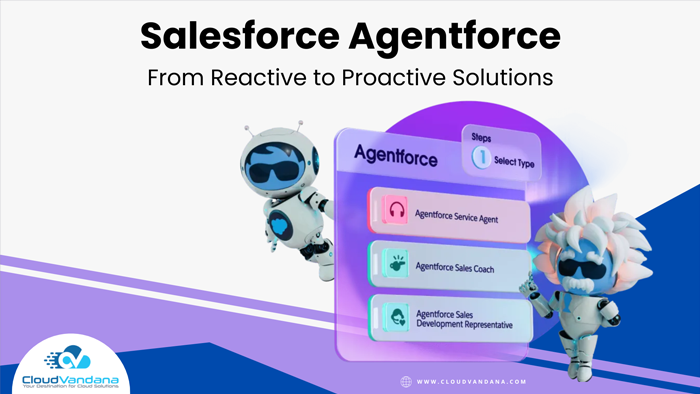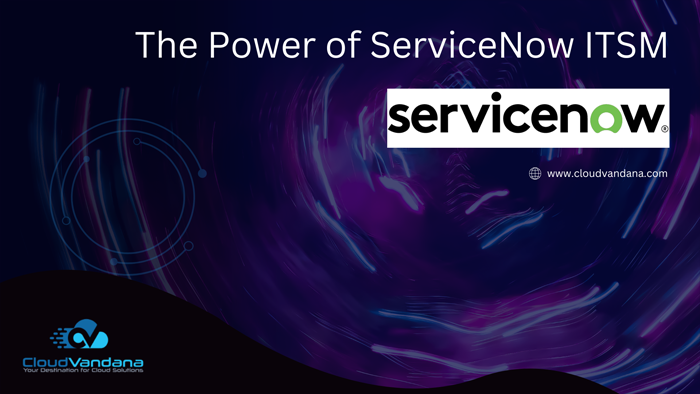Make your career thrive by mastering the Salesforce Apex Course! This comprehensive guide has all the tools and resources you need to become a skilled practitioner of Salesforce Apex.
Mastering Salesforce Apex Course is the key to propelling your career. With this comprehensive course, you’ll have all the tools and resources needed to become an expert practitioner of Salesforce Apex. Learn all about what it takes to ace the exam and get certified in this powerful program.
What is Salesforce Apex?
Salesforce Apex Course is a strongly-typed, object-oriented programming language used on the Force.com platform. It enables developers to write database manipulation and user interface logic in the same language, eliminating the need for an emphasis on multiple technologies like HTML or JavaScript. With Apex, you can write stored procedures and trigger handlers for procedural or complex business processes and build custom Web services to integrate with external systems.
Setting Up Your Development Environment
Before you begin writing code in Apex, it’s important to understand the development environment and deployment process. To get started, you’ll need to set up your development environment, which includes downloading and installing the Salesforce Developer Console. This will give you access to all the necessary tools for creating and running Apex code. Additionally, you may want to consider installing a Git repository to manage your code locally, which will make development and debugging much easier. Once you’ve set up your environment, you’re ready to begin coding with Apex!
An Overview of the Apex Language Syntax and Constructs
Apex is a strongly typed language, which means you must declare the data type of variables before use. Additionally, Apex uses the syntax and concepts from Java and C# languages. For example, Apex uses classes and objects to structure data, as well as common core principles such as looping, branching, collections, and exception handling. Understanding these basic constructs will allow you to write more efficient code in Salesforce Apex and make debugging much easier.
Interacting with Data and Objects in Apex
It is important to learn how to interact with data in Salesforce Apex. You can query for records and then use operators like SOQL, SOSL, and DML. Additionally, responses from queries can be used in loops and if statements in order to loop through results and evaluate conditions. Finally, SOQL allows you to access objects related to custom relationships like lookup fields or master-detail fields. This will help you retrieve structured data from the underlying database structures used by Salesforce Apex.
Writing Controllers, Test Methods, and Triggers Using Apex
Controllers are the Apex code used to manage data, and user interface page flows in Visualforce pages. With controllers, you can create custom query strings to filter or sort data and execute logic based on user input. You can also check if records returned by queries meet certain criteria to determine which view to display. Finally, test methods are required for the deployment of any Apex code and are used to validate that code works as expected. Triggers allow you to automate a set of actions when certain conditions are met, such as creating an audit log when record changes occur.
Are you looking for a reputed Salesforce partner for successful Salesforce implementation and maintenance? Please schedule a consultation with CloudVandana, and get the solution best suited for your business. Call Now.










